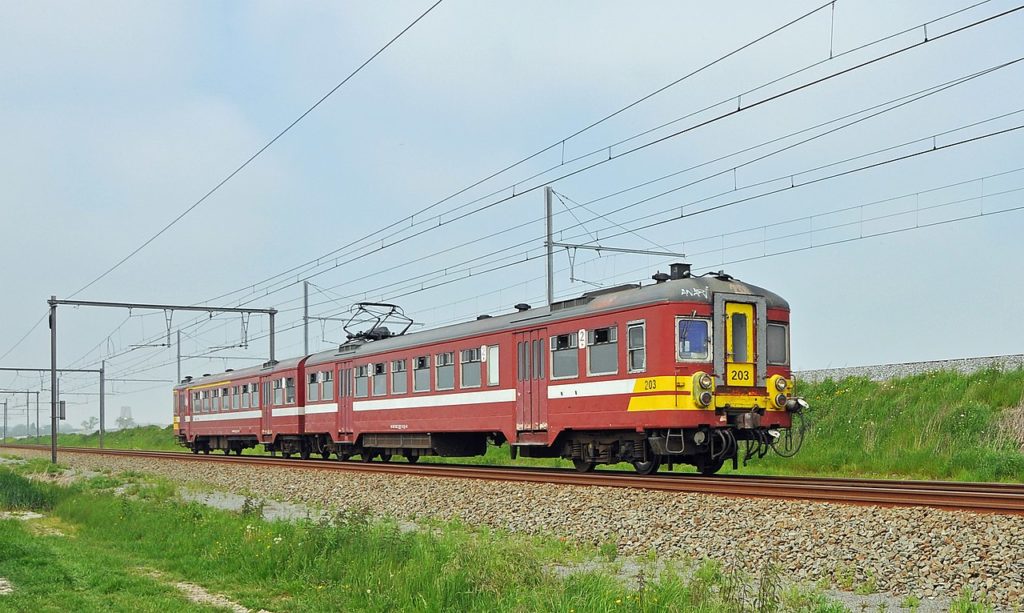The national rail authority SNCB plans to introduce a new type of season ticket in the New Year, Bruzz reports.
The new flexible season ticket is aimed at those whose presence at work is no longer required, as a result of the coronavirus pandemic. Over the past year, more and more businesses and public administrations have turned more towards teleworking – often leaving employees holding a rail season ticket they no longer had any use for.
Whatever happens in the coming months – and the virus shows no sign of disappearing though it may change its appearance – telework is likely to remain a larger part of Belgium’s employment landscape than ever before.
For the SNCB, that makes a season ticket less attractive to passengers, and that has an economic knock-on effect. Commuters who pay up-front for a year’s rail travel in January are effectively handing the rail authority an almost interest-free loan. Hence the new format.
This past June, the authority could already see the problem approaching, and carried out research among 6,000-7,000 regular passengers to test the popularity of the new formula. According to Le Soir, the experiment, which involved employees of a number of larger companies whose workers use the service in some numbers, was a success.
Now the system is to be rolled out to other companies and institutions, as well as ordinary members of the public. The only condition: the new ticket exists only as a smartphone app.
Here’s how it works:
The commuter can choose between a 60-day or 120-day validity in a 12-month period, for journeys to and from a fixed workplace. Alternatively, another ticket offers six or ten days’ travel in a one-month period. For other formulas, the current paper season ticket continues to exist.
According to the SNCB, the new formula is better value in present-day circumstances than the existing paper-based season ticket, despite the fact that the latter offers unlimited travel between two nominated stations 365 days a year – a potential fewer and fewer passengers are now willing to pay for.

